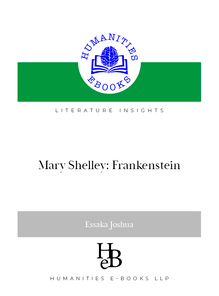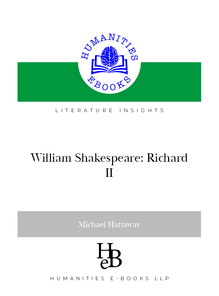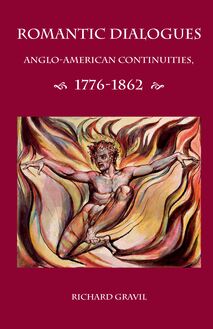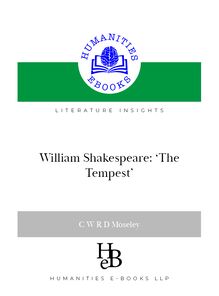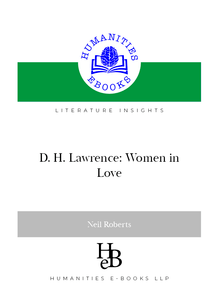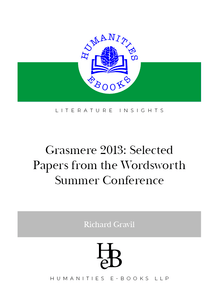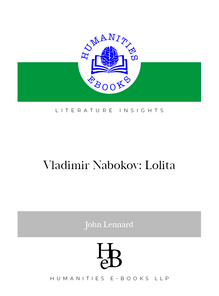William Shakespeare: The Merchant of Venice , livre ebook
113
pages
English
Ebooks
2021
Obtenez un accès à la bibliothèque pour le consulter en ligne En savoir plus
Découvre YouScribe en t'inscrivant gratuitement
Découvre YouScribe en t'inscrivant gratuitement
113
pages
English
Ebooks
2021
Obtenez un accès à la bibliothèque pour le consulter en ligne En savoir plus
Publié par
Date de parution
11 janvier 2021
Nombre de lectures
0
EAN13
9781847600998
Langue
English
Publié par
Date de parution
11 janvier 2021
Nombre de lectures
0
EAN13
9781847600998
Langue
English

